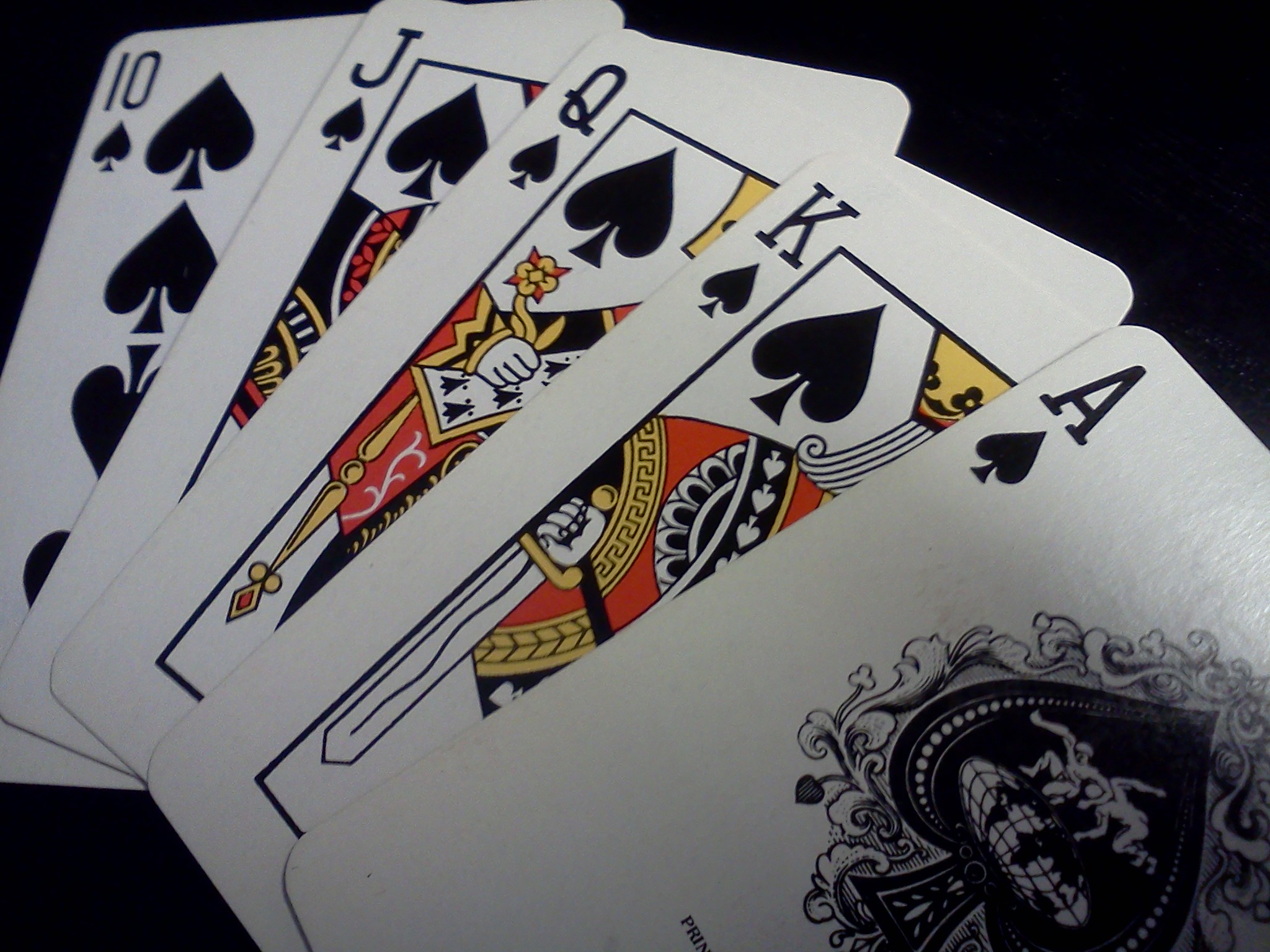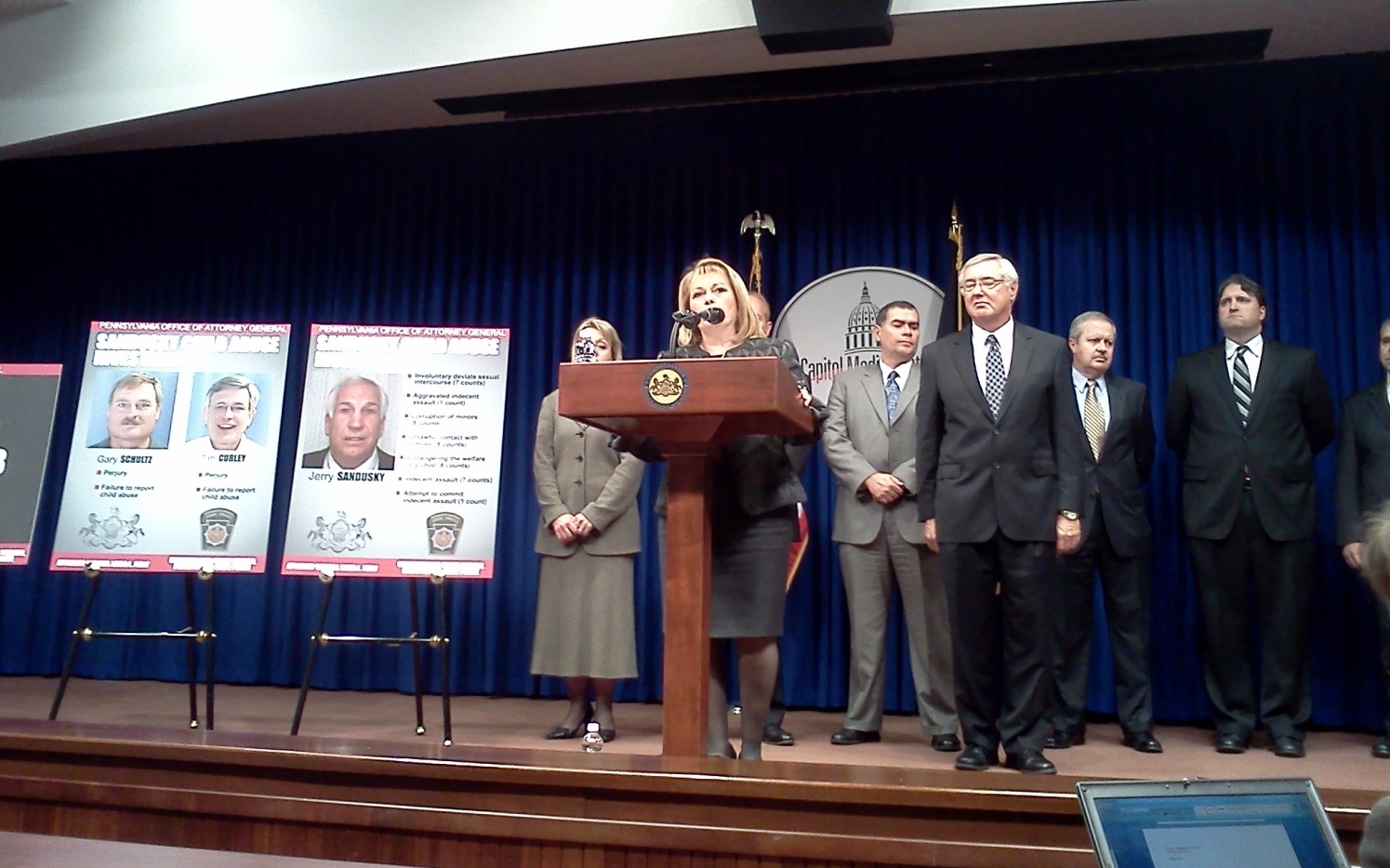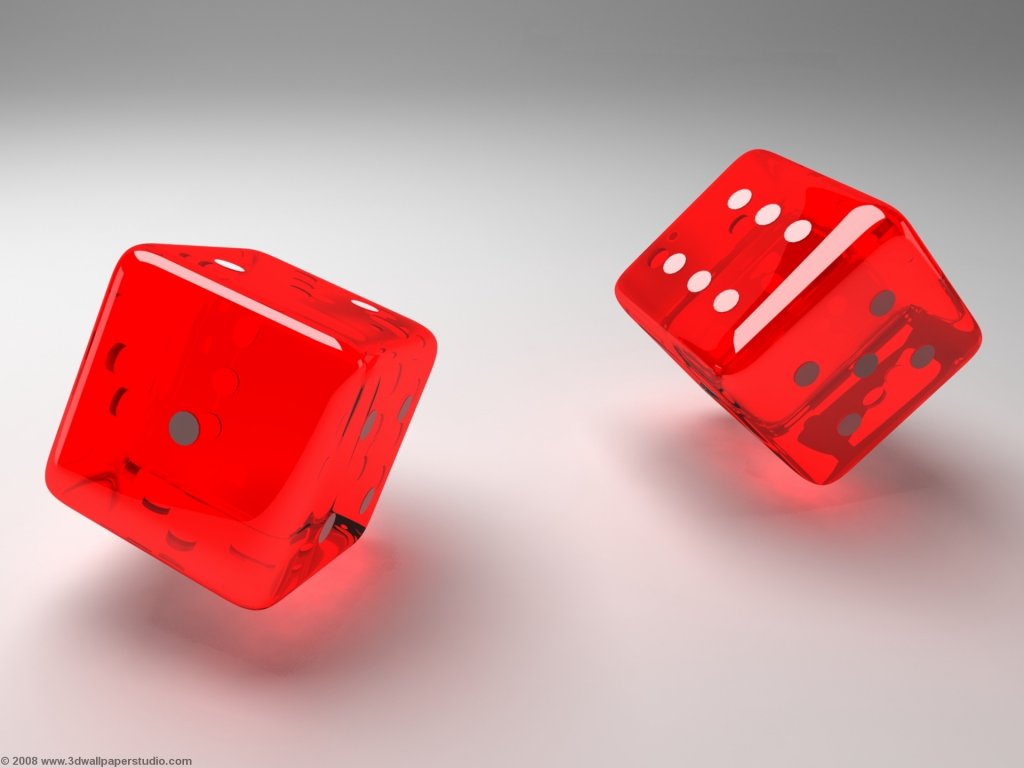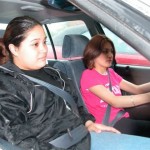Gaming Reforms Scheduled for Committee Action
The 21-recommendations contained in May’s gaming grand jury report have been turned into bill form, and the House Gaming Oversight Committee is scheduled to take up three of them on Monday. One of them is HB 2009, which encompasses grand jury recommendation number 12. It would require the Pennsylvania Gaming Control Board (PGCB) to post online a description of all Right-to-Know Law requests it has received, including the number of denied requests and the status of any appeals.
The other bills would require the PGCB to include an agenda from each of its executive sessions in its annual report, and to post a salary matrix for members and employees of the board online. Those two initiatives correspond with grand jury recommendations numbers 12 and 21.
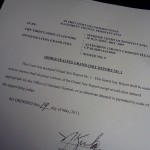
The scathing grand jury report probed Pennsylvania Gaming Control Board activities from 2004 - 2007.
The May grand jury report blasted the Gaming Board for overseeing a political process that neglected or ignored its policy objectives, avoided transparency and failed to protect the public from unlawful gaming practices. The grand jury probed PGCB activities from 2004 – 2007.
Bill Ryan, the new chairman of the Pennsylvania Gaming Control Board, was actually serving as acting Attorney General last spring when his office released that scathing grand jury report. Earlier this month, Ryan told the Gaming Oversight Committee that he will do everything in his power to ensure the public perception of the Gaming Board is changed. “None of the members of the board were on the board during the time that is covered by the grand jury report,” Ryan testified. “I see nothing but seriousness of purpose among every other member of the board.”
An unrelated bill that’s expected to come before the Gaming Oversight Committee, on Monday, would prohibit so-called Internet sweepstakes cafes in the Keystone State. Neighboring Ohio has recently been cracking down on these unlicensed establishments that offer electronic games that look like slot machines, mislead players and exasperate law enforcement.


